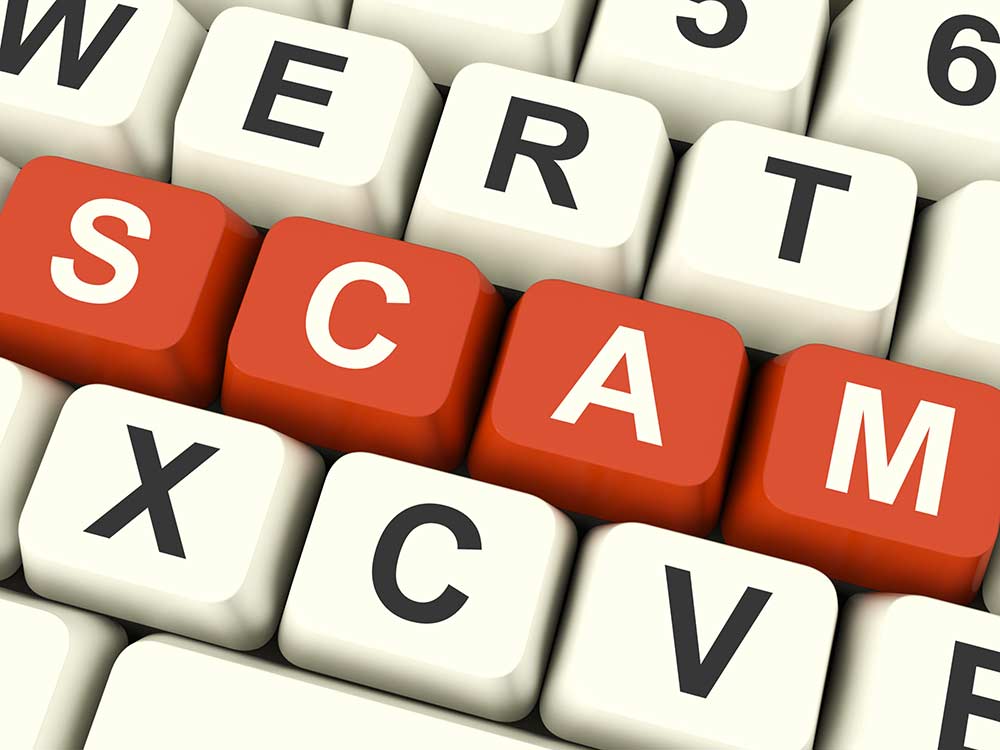CULLMAN – A growing scam has been spreading rapidly across the nation, and has affected some residents of Cullman County and surrounding areas. The scam artist will make threatening phone calls to the victim and claim to be from the Internal Revenue Service with the aim of scaring the victim into paying large sums of money.
There are always scams around tax time, and it is important to know the signs. Gloria Winton, a CPA in Cullman says that she has had around four clients of her own call saying that they were contacted.
“I have had a few clients that have received these calls this year and have heard of more,” Winton said. “They will call and say they are from the IRS and claim that because the taxpayer has not responded to notices that a suit is being filed against them. One lady was even told that the sheriff was on their way at that point to their house to arrest her.”
According to Winton, the plan is to use aggressive scare tactics to get the taxpayer to pay the money without thinking, but there is no reason to fear.
“The people I work with did not give money to the person calling, but would call me to ask what to do. What I told all of them is that the IRS does not call people on the phone and say things like that, ever. The whole concept of the IRS filing a suit against people is wrong, because if you owe taxes they are going to contact you by mail as their first means of contact.”
This information can be confirmed on the website IRS.gov as seen on their annual “Dirty Dozen” list. The Dirty Dozen is compiled annually by the IRS and lists a variety of common scams taxpayers may encounter any time during the year. Many of these con games peak during filing season as people prepare their tax returns or hire someone to do so.
“If someone calls unexpectedly claiming to be from the IRS with aggressive threats of if you don't pay immediately, it's a scam artist calling,” said IRS Commissioner John Koskinen on the IRS website. "The first IRS contact with taxpayers is usually through the mail. Taxpayers have rights, and this is not how we do business.”
Winton said that her best advice to everyone who receives these calls is to simply ignore them, and contact the IRS directly.
“If you are contacted by someone claiming to be the IRS, there is a number you can call and notify them that you are receiving these threatening calls,” Winton said. “If they give you a phone number to call them back at, then you can call the IRS yourself and they can verify if this was a legitimate call or not. Other than that, just ignore the call.”
More information is available at IRS.gov, or you can call Treasury Inspector General for Tax Administration (TIGTA) who handles these incidents at 1-800-366-4484.





















